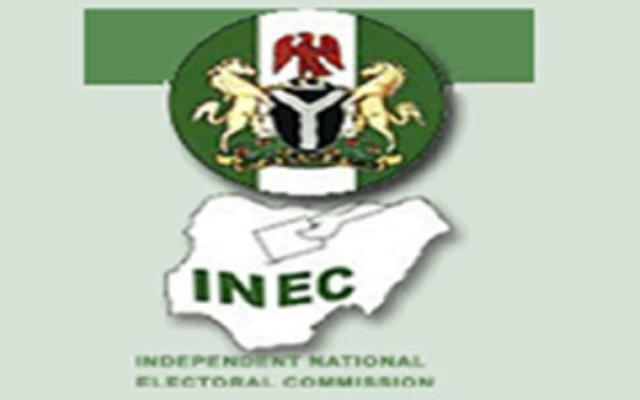The word inconclusive election is becoming a recurring decimal in the Nation’s electoral process.
In the just concluded general elections virtually every major poll comes back with strings of anomalies leading sometimes to inconclusive election.
In this special report, correspondent Daniel Ezeigwe, sampled the opinions of experts on the effect of inconclusive election in democratic governance.
According to the Independent National Electoral Commission, INEC’s Principle of Lead Margin, an election will be declared inconclusive when the figure with which a candidate leading in a particular area is less than the voting power of such area where votes had been cancelled.
Inconclusive election is however not alien in the Nigeria’s electoral system; the late Professor Dora Akunyili, when she contested for Anambra Central Senatorial seat in 2011, on the platform of the All Progressives Grand Alliance, APGA, was leading with sixty-six thousand, two hundred and seventy-three votes, with her opponent, Dr Chris Ngige, of the then Action Congress of Nigeria ACN trailing with sixty-five thousand, five hundred and seventy-six votes, when the election was declared inconclusive.
According to the returning officer, Professor Charles Esimole, voting had been cancelled in several wards of the senatorial district, and the number of registered voters in those wards was higher than the six hundred and ninety-seven votes difference between Professor Akunyili and Dr Ngige.
Eventually, Dr Ngige won the re-run election with a total of sixty-nine thousand, seven hundred and twenty-five votes to Dr Akunyili’s sixty-nine thousand, two hundred and thirty-six votes.
Since that incident in 2011, Nigeria has had more than ten cases of inconclusive elections emanating from, governorship, national and State Houses of Assembly elections.
In the just-concluded 2019 general elections election in six States of Sokoto, Plateau, Kano, Benue, Adamawa and Bauchi, along with fragments of the presidential and legislative elections, where declared inconclusive by INEC.
INEC Chairman, Professor Mahmoud Yakubu, in his defense of the trend described inconclusive election as a strong model for strengthening the electoral system.
However, a legal expert and former Commissioner for Lands in Anambra State, Mr John Okoli-Akirika, who said that even though the law does not provide a specific blueprint for inconclusive elections in Nigeria, the term has found a close affiliation with section fifty-three, subsection two of the Nigeria’s Electoral Law.
He however argued that constant rescheduling of polls only reduces the confidence of voters in the electoral body.
A University Teacher Dr Alexander Agbaenyi, argues that resources are wasted on the rescheduling of an election, and noted that the electoral process must be structured in a manner that portrays
independence, clarity and transparency.





Comments are closed for this post.